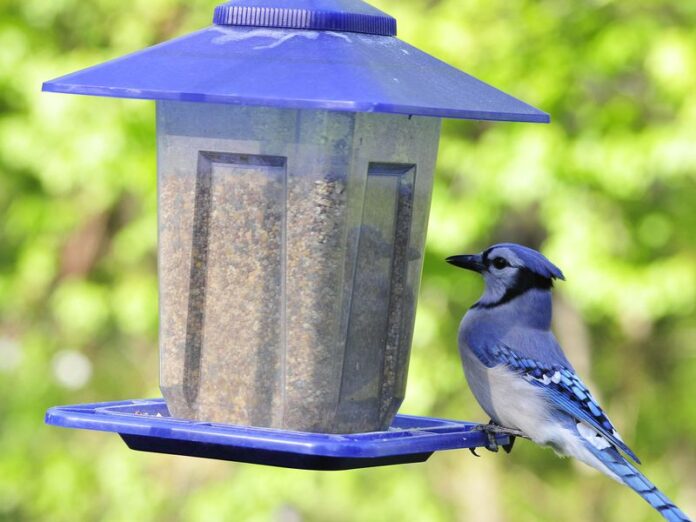The Southwest Virginia Wildlife Center of Roanoke has advised that it is now OK to feed birds again, but with some precautions/stipulations/guidelines:
“It seems the disease is concentrated to our north and that the number of cases are declining. That being said the best way to care for and feed our local birds is to plant native perennials. When we use bird feeders it can actually have a negative impact by not allowing certain birds to learn to forage for food naturally.
Official Statement:
The source of the outbreak is still unknown but cases seem to be decreasing in frequency, which is a good thing. However, we still advise caution at this time. Without conclusive results it is difficult to make the right call, which is why you may have heard various conflicting advice over the past few months from various sources.
People are trying their best to make decisions with what information they have and we’ve seen a wide range of interpretations of the same information. We are well aware we don’t have all the answers and can’t definitively say for sure what is the best course of action. There is pressure to have a definitive answer — we humans like easy answers — but the biological world is complicated and messy. Because of this we feel we should still limit bird feeder use for a few reasons:
1. This is the time of year where birds are not reliant on feeders so taking them away will not cause individuals to starve — your bird feeders are like a fast food restaurant with high calorie easy meals which is why they show up. Birds may have to work a little harder to find a meal but with warm favorable weather this is easily done. The birds will not starve this time of year if you keep your feeders down.
2. Just because cases are dropping doesn’t mean they couldn’t resurge — it is entirely possible (and likely) that the phenomenon is ending, but we don’t know that for certain!
3. A good defense is the best offense. We feel it is better to be safe than sorry.
4. This is a great opportunity to transition to using native plants as food sources. Native plants provide more habitat and nutrition for birds (especially babies), are not as likely to transfer disease from bird to bird, and better support bird populations long-term. http://www.audubon.org/native-plants has a wonderful native plant database to get some ideas and you can ask your local nursery if they have any of these in stock.
5. If you do decide to feed birds again we strongly recommend everyone clean their feeders at least once a week with a 1:10 bleach to water solution. We still don’t know what the cause of the disease is and for that reason we ask everyone to do their best about cleaning their feeders.
Hopefully cases will continue to decline, we will get definitive answers, and by autumn we can use feeders without worry. If you are reluctant to pull your feeders down and wish to follow other advice we are sympathetic and understand. However, if you do elect to keep them up, please clean them frequently (at least once a week) to ensure bird health.
Although the novel coronavirus has shut down many businesses, our nonprofit is still busier than ever. In 2020 we treated 2500+ patients made up of 250+ species. This is our donation link if you’d like to share in our work: https://swvawildlifecenter.org/make-a-donation/

